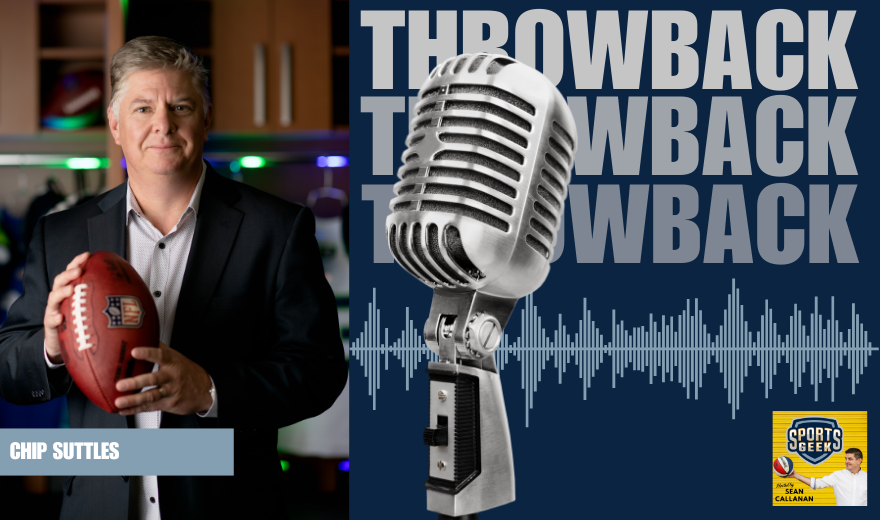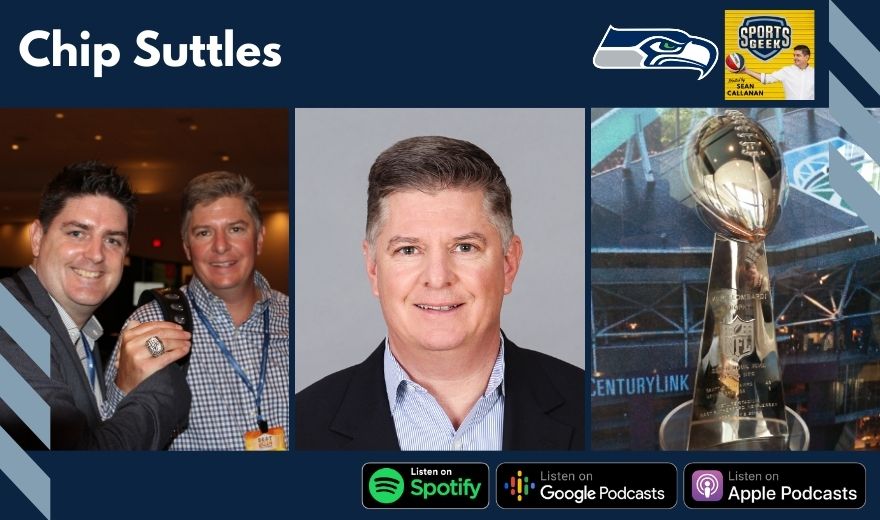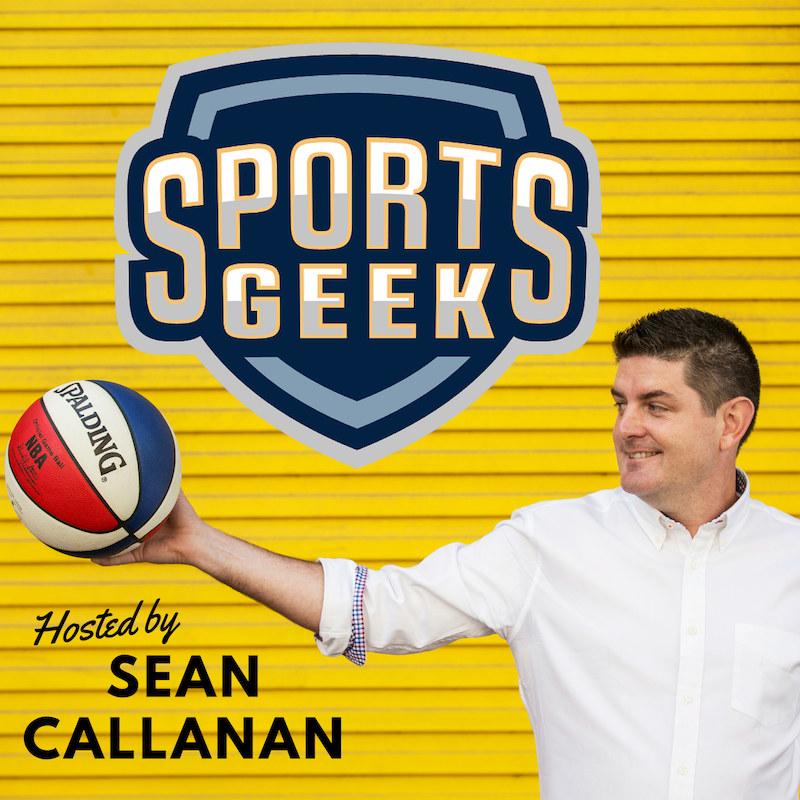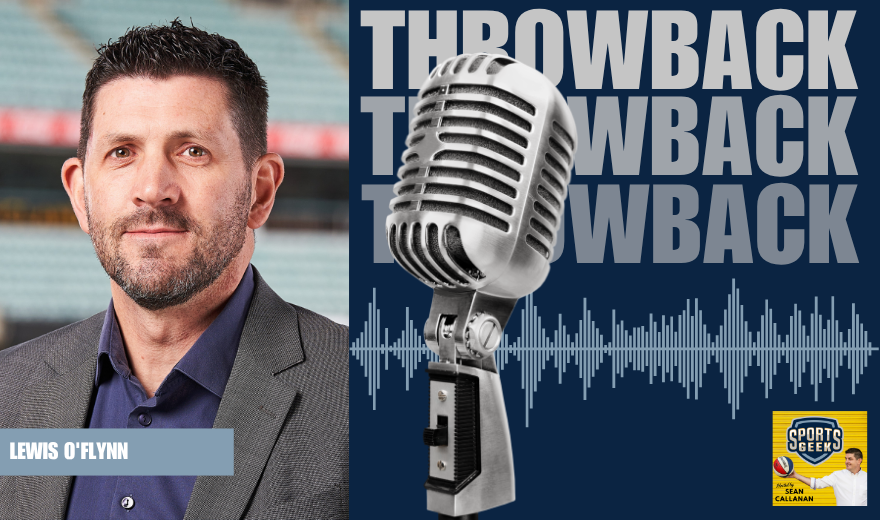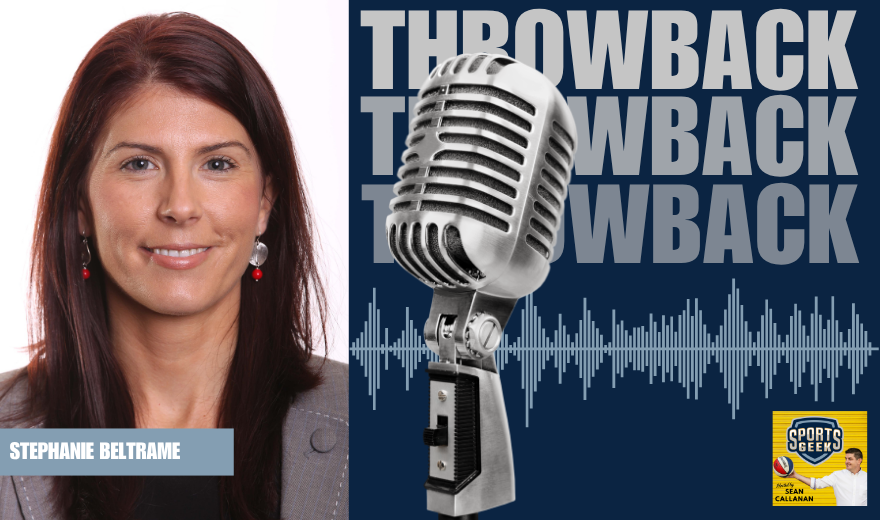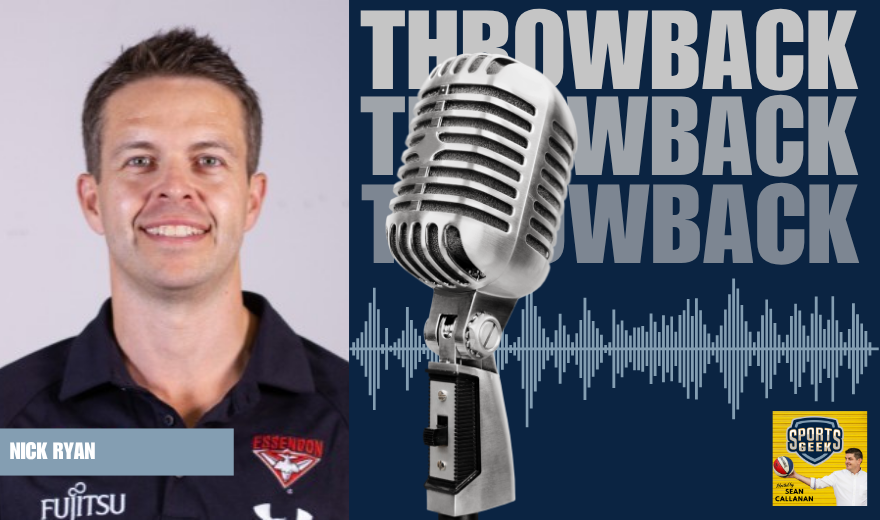This transcript has been lightly edited by AI
Sean: So technology, an absolute key pillar, obviously it moved a long way from those early days in the Olympics. Far more in the fan engagement space and integration into your stadium.
So how do you as technology and managing technology support other departments and other business areas across the Seahawks?
Chip: Yeah, I look at it two ways. I look at business operations and then stadium operations, and I'm responsible for both, traditional IT and technical operations of the stadium.
So from a business operation, I just want to provide the best tools in software and do it in a secure manner that they're protecting themselves and we're protecting the organization and our data and our intellectual property. So I just try to look for what's best in class. We've been fortunate to have a great relationship with Microsoft over the years and with the NFL League office.
And we've been the first team to roll out Office 365 and use that platform. And that's been helpful. I think now all the teams are on board, but being a frontrunner sometimes has given us some headaches, but for the most part, it's been beneficial that we get the support we need from the league and from our vendors and be able to do that.
I'm always competing against, there's so many solutions out there that are just cloud based that all the departments can go and shop and buy their own solutions, but I'm trying to always educate the organization that they need to come through tech so that we can support it, protect it and make sure it is the right fit for our environment.
So that's on the business side. On the fan side, I think it starts with connectivity. So I spent a lot of emphasis on making sure that we have enough bandwidth, that we have the latest 5G rollouts for our cellular coverage and our LTE networks and then we have the latest Wi Fi.
And I just finished our second rollout of Wi Fi 6. AX at the stadium, 1500 new access points that are just waiting for some spectators and our 12s to come back and utilize. So I'm anxious to get that tested and tuned. We were fortunate enough to be able to do that project during the COVID year, because it was under the essential category.
So I'm anxious to get fans back in the building and try it out.
Sean: I remember some of the early seat conversations where we started having fines if people were talking about Wi Fi too often because it became just, it's a utility. It had to happen. But we were all there in those early days of having those fights and making those pledges to get Wi Fi systems in.
embedded in it because it was required at stadiums, but now having that technology rolled out is the same as like, well, we're not going to have toilets at this stadium. Like it's just as insane. So it's good that we've advanced on that, but the new tech keeps rolling because the phones keep changing and if it's not wifi now it's 5g and the coverage, because you're just getting more and more, hopefully fans sharing once they're in a stadium.
Chip: Well, the importance of it is that I think a good experience starts with connectivity, but the importance is that we've gone so mobile. We went cashless a couple of years ago. We wanted the first stadiums in the US to go cashless and we've gone 100 percent mobile tickets as well.
We just rolled in a new access Ticket pedestal control that we're putting in place to allow more spectators to come in more freely without having to interact with the individuals. There'll still be assistants and event operators there to help them, but this pedestal allow you to go through and to scan your ticket using NFC or and the ticket. Ticketmaster.


